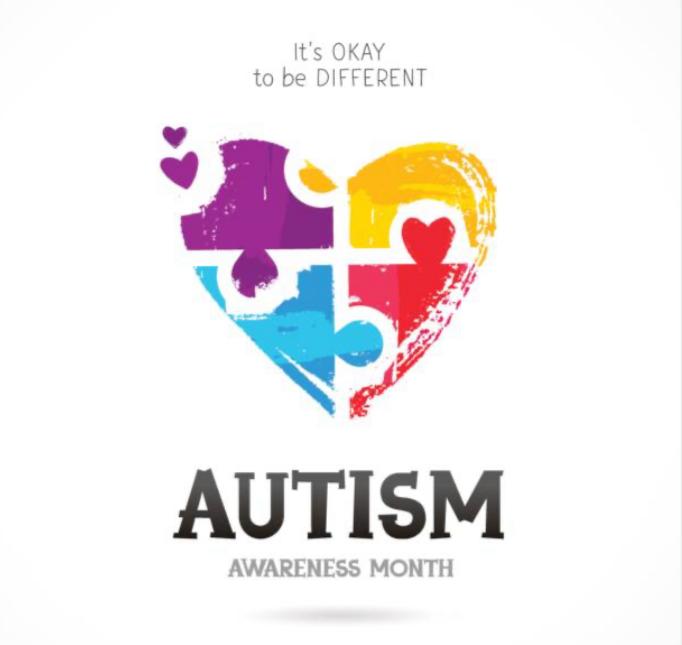The management and treatment of people living with Autism Spectrum Disorder (ASD) in the society is becoming more and more challenging. Developed countries has special intervention programs that caters for the need of these special group of people. In Nigeria alone, more than 100 thousand cases per year is recorded without any intervention programs to cater for them.

Autism is a condition rarely talked about in Nigeria. It is considered one of the most snubbed health issues in the country. There is absolutely low awareness and inadequate provision for early diagnosis and management of the neurodevelopmental disorder.
Autism Spectrum Disorder (ASD) is a serious developmental disorder that impairs the ability to communicate or interact, it also affects the nervous system. People with autism might have difficulty in learning, their skills might develop unevenly, for example they could have trouble communicating but be unusually good at Art, Music or Maths. Symptoms of Autism may vary in individual, some may lack good eye contact, some may experience hardship adapting to change while some may find it difficult to be calm in the public.
Autism is caused by various factors which may be known or unknown during pregnancy, some of these factors might be generic or environmental. Report has it that Autism is four times common in boys than in girls. Prof. Dr. Alex Taylor opined that one in 50 children has an autism spectrum disorder. He noted that autism may be genetics so certain combinations of genes may increase a child’s risk, he also noted that a child with older parents has a higher risk of autism. Pregnant women who are exposed to certain drugs or chemicals, like alcohol or anti-seizure medications are also likely to have autistic children. Other risk factors include maternal metabolic conditions such as diabetes and obesity.
As we celebrate world Autism Day yearly (April 2) concerted effort must be geared towards early diagnosis as this remains the only way to decipher the symptoms. In developed countries, until a child receives a formal diagnosis of autism, they can’t access vital, early childhood services. Research shows that when a child receives an early diagnosis, they are more likely to demonstrate improved cognitive, developmental and adaptive functioning, enhanced language and social skill compare to children who are diagnosed later.
Policy makers should also bear in mind the need for these sets of people to be integrated into the society. Primary Health care providers should ensure that pregnant women are treated well enough. Furthermore, the education sector must ensure that children with autism receives care and love while learning, religious organizations should also consider these sets of people when constructing their place of worship, these and many more will go and long way in reducing the stigma placed on children with autism. Special supports should be giving to foundations that focuses on helping children with autism and effective awareness on the causes of autism will also go a long way in reducing children born with autistic tendencies.
You can reach out to the columnist Isreal Adeyemi on akinfemiwaadeyemi@gmail.com